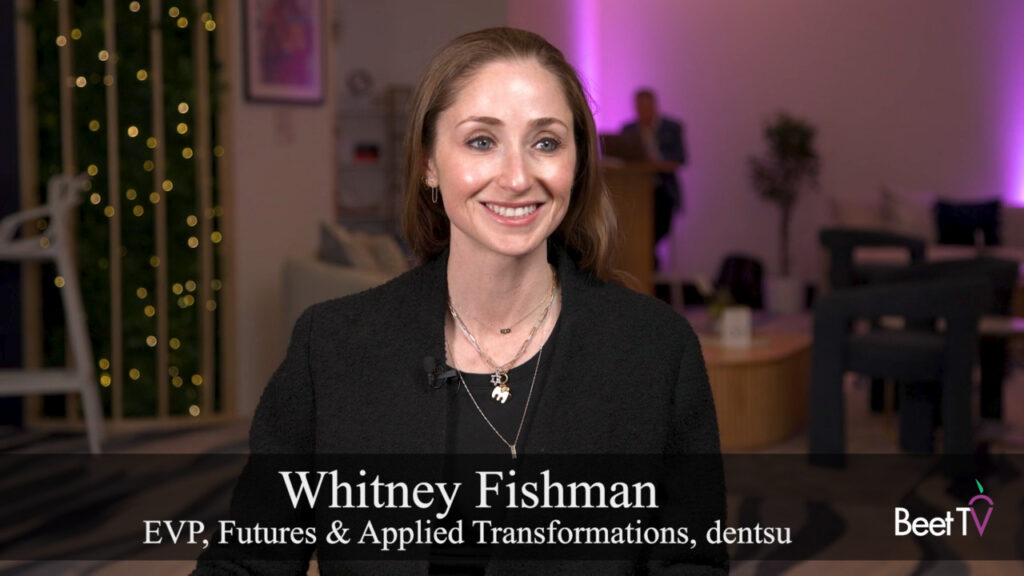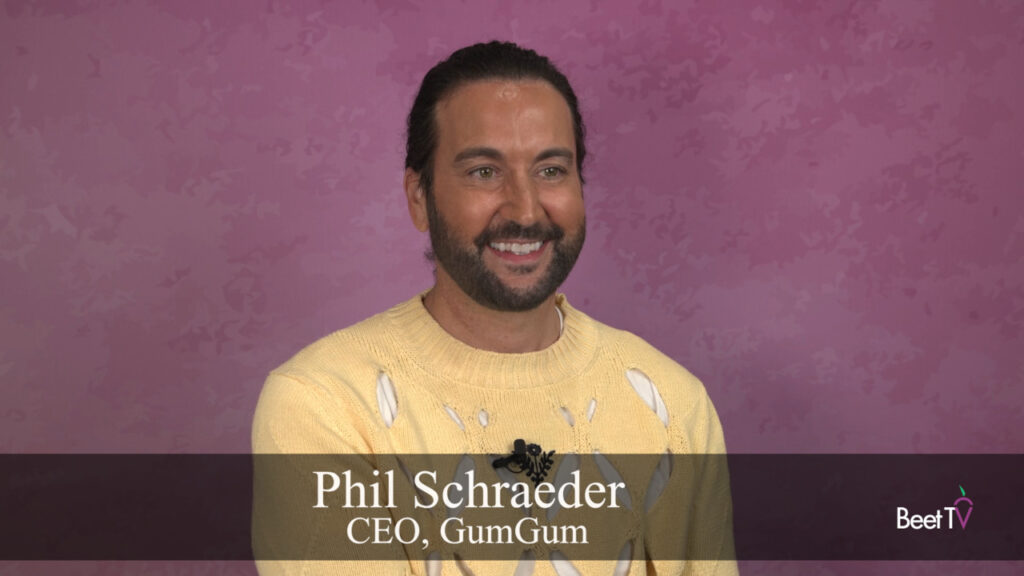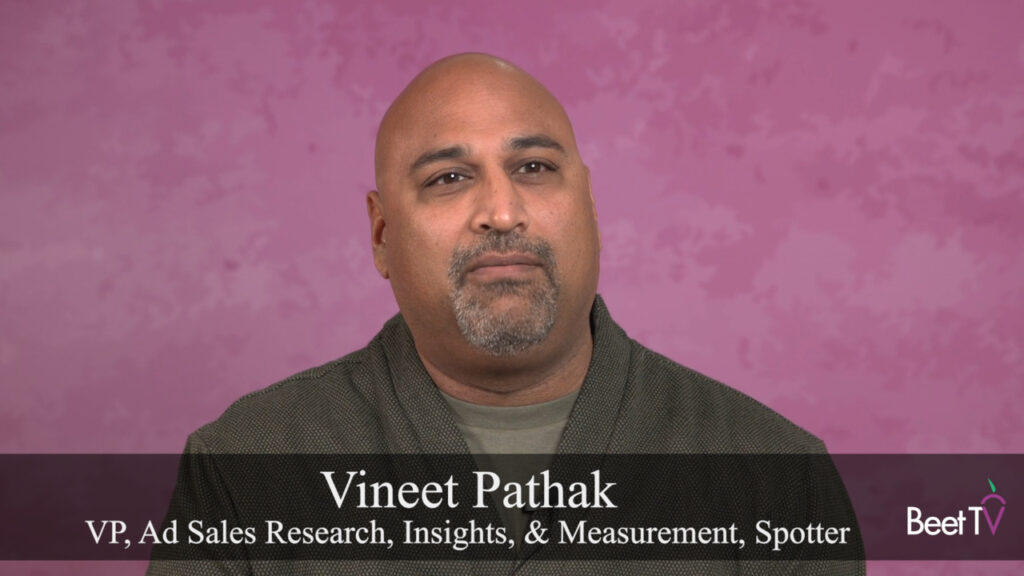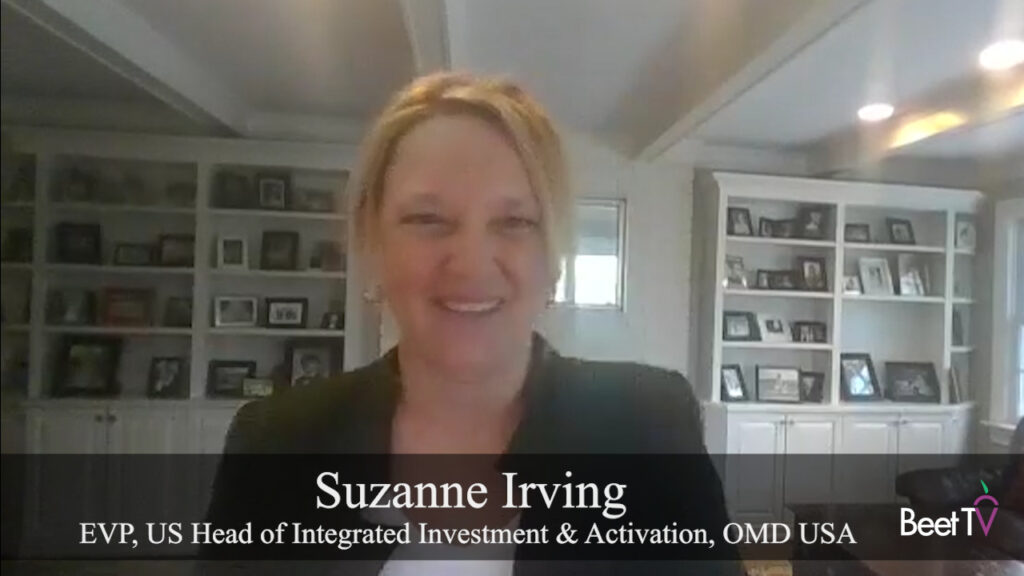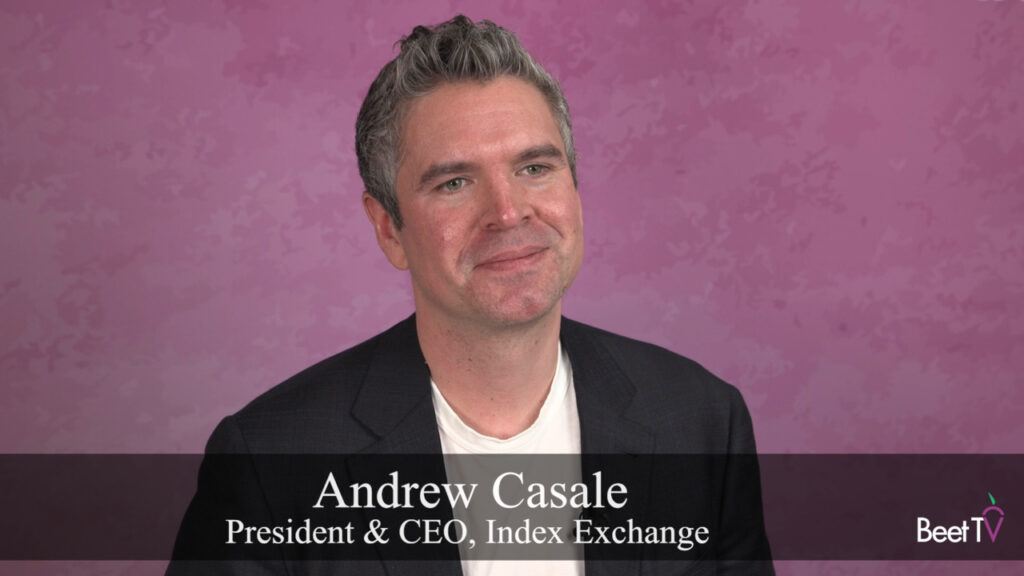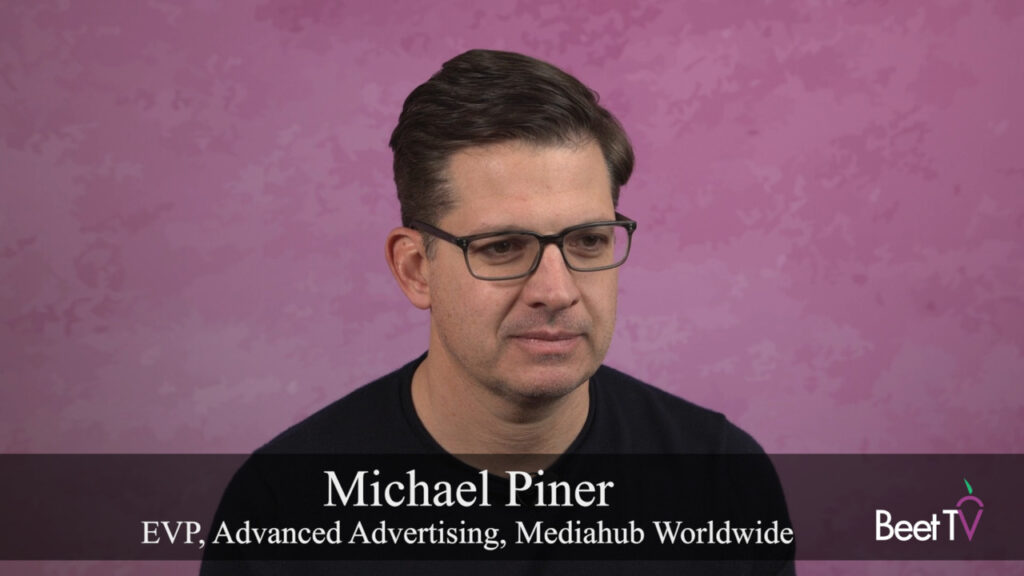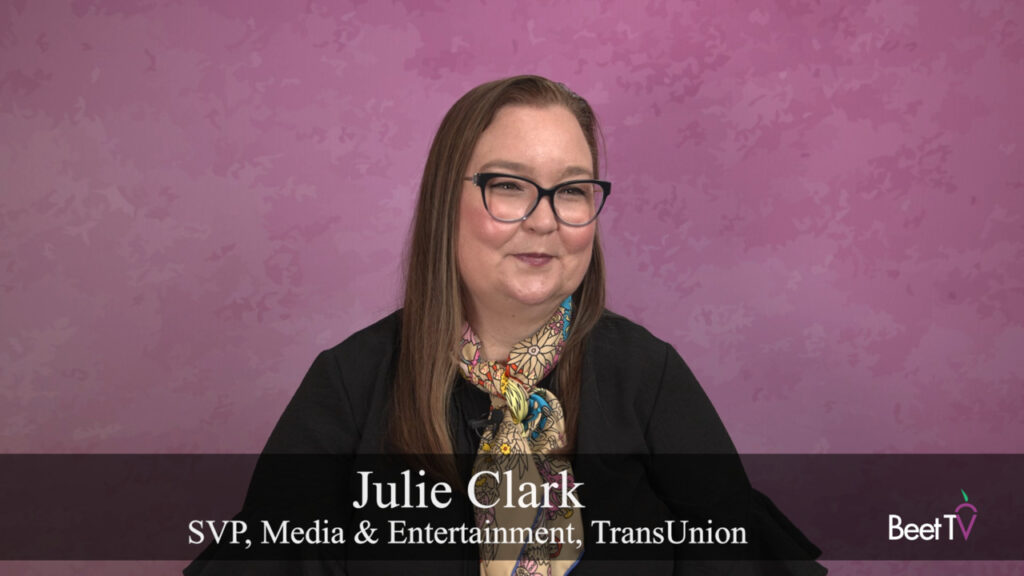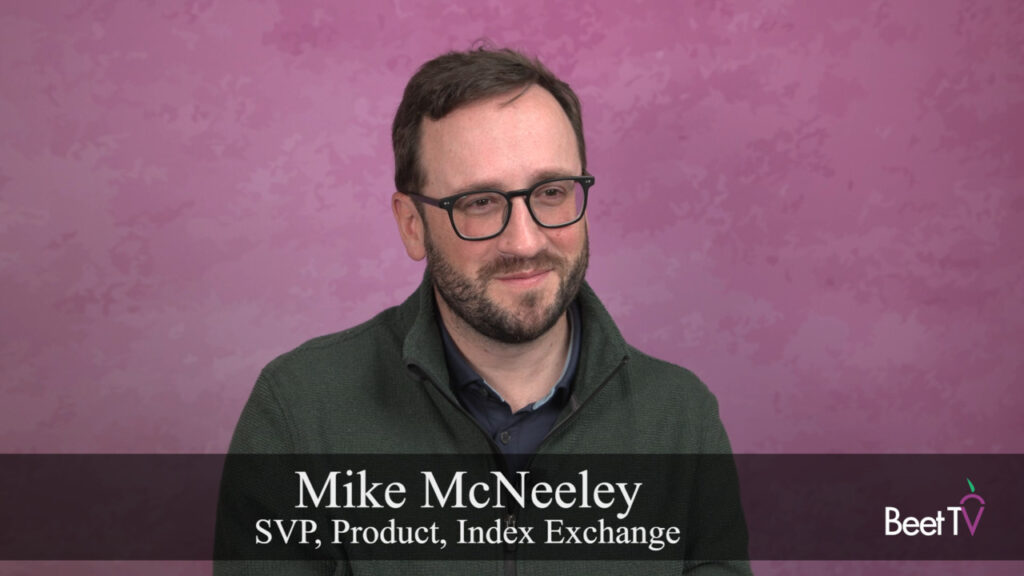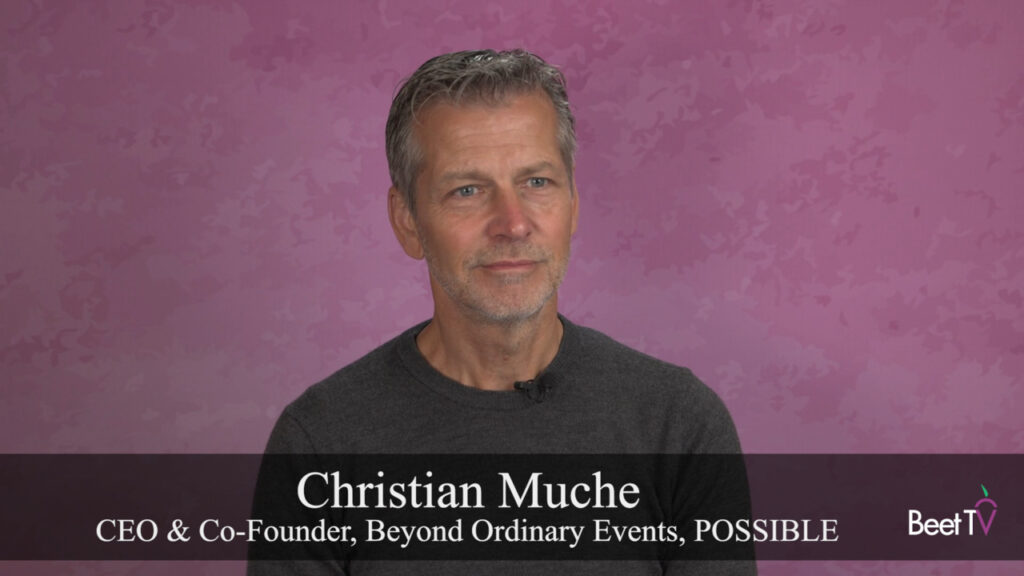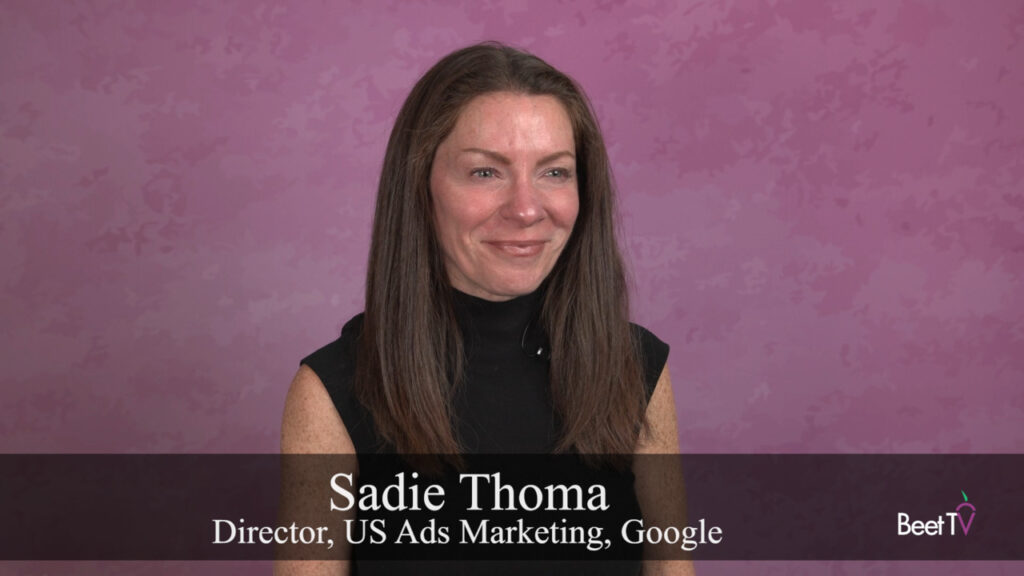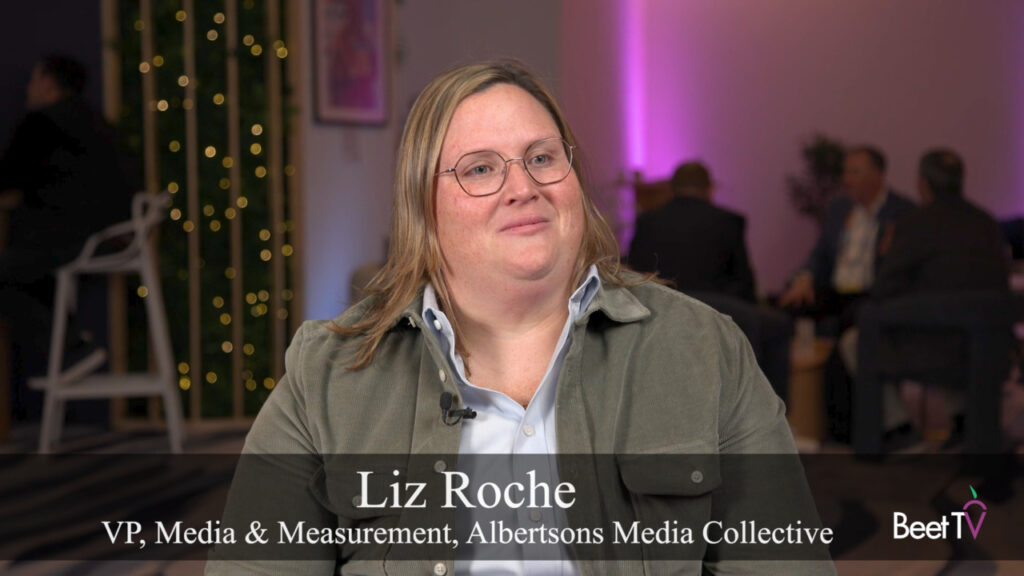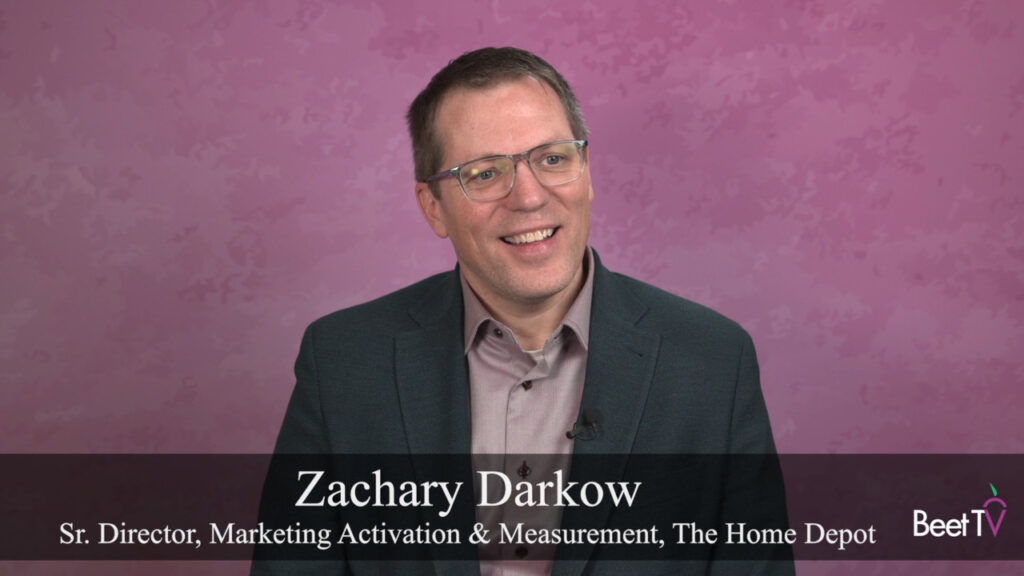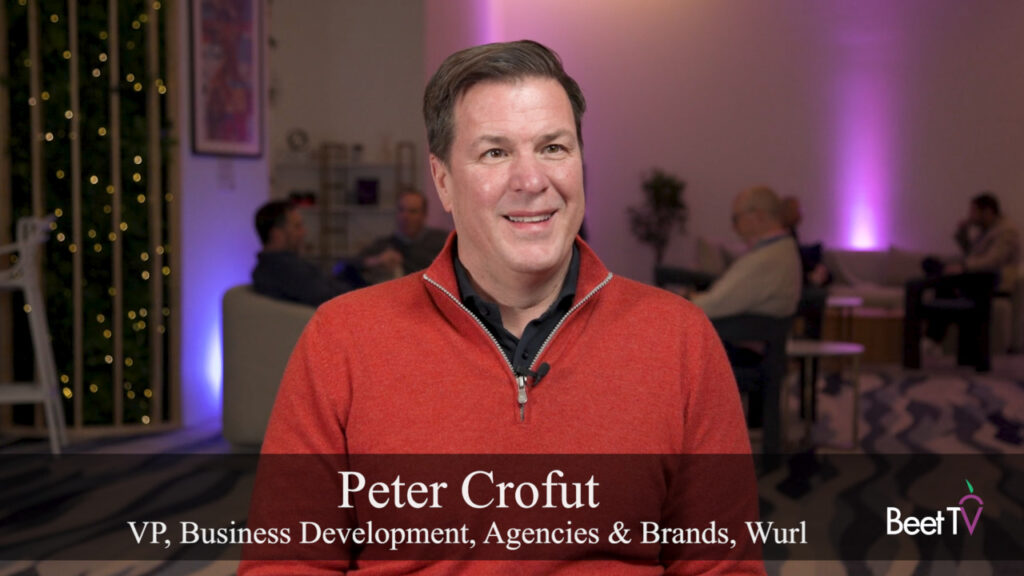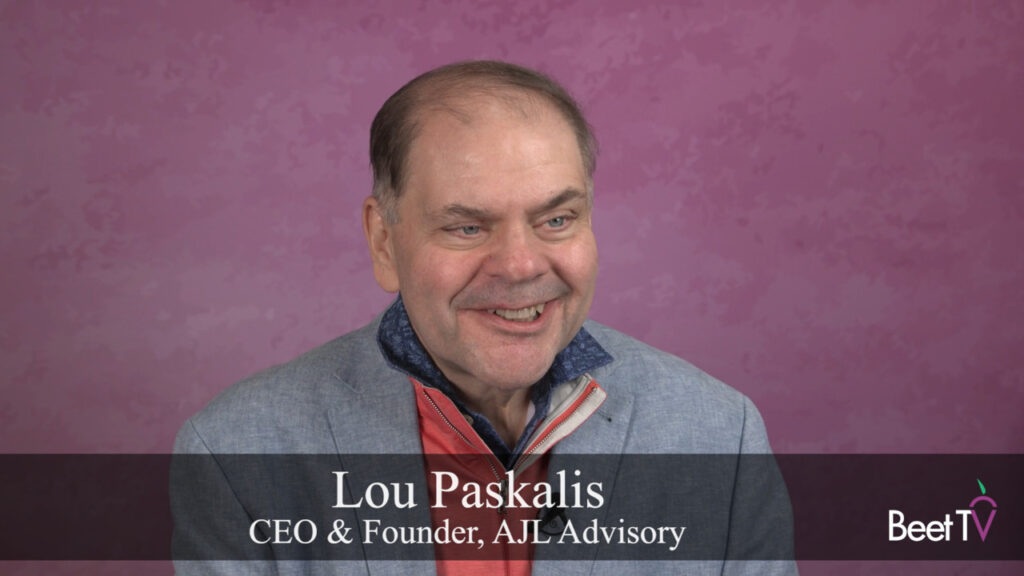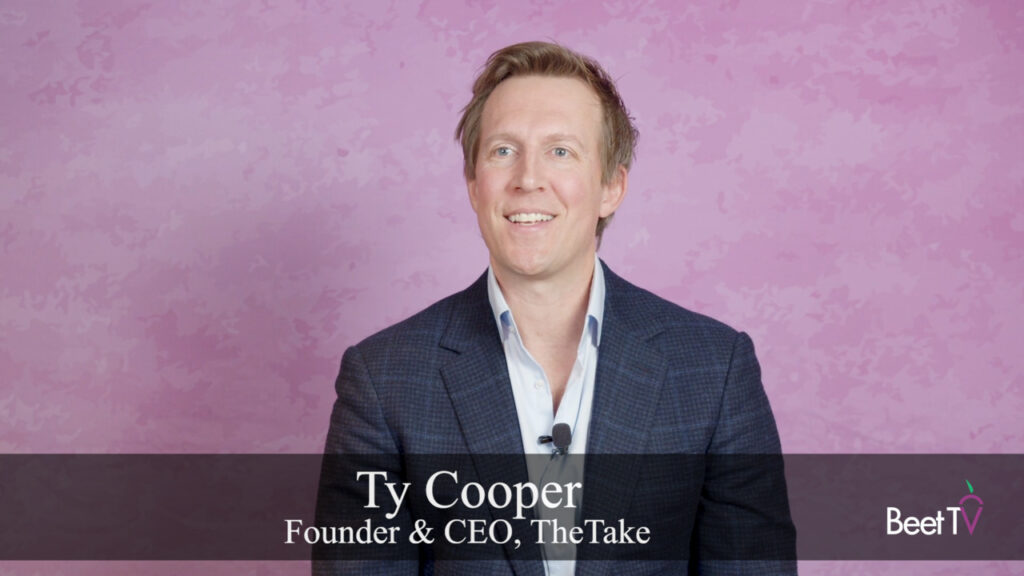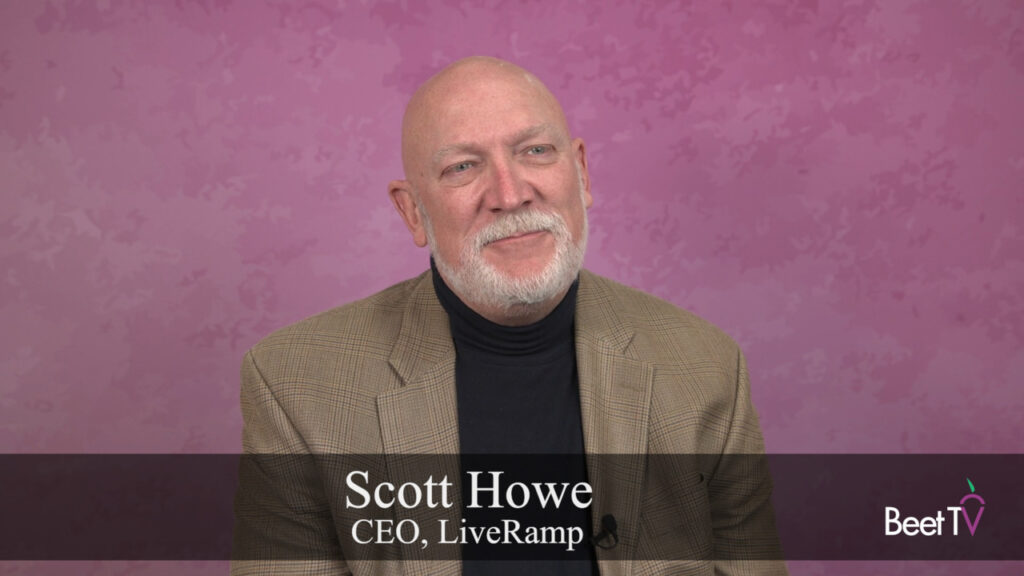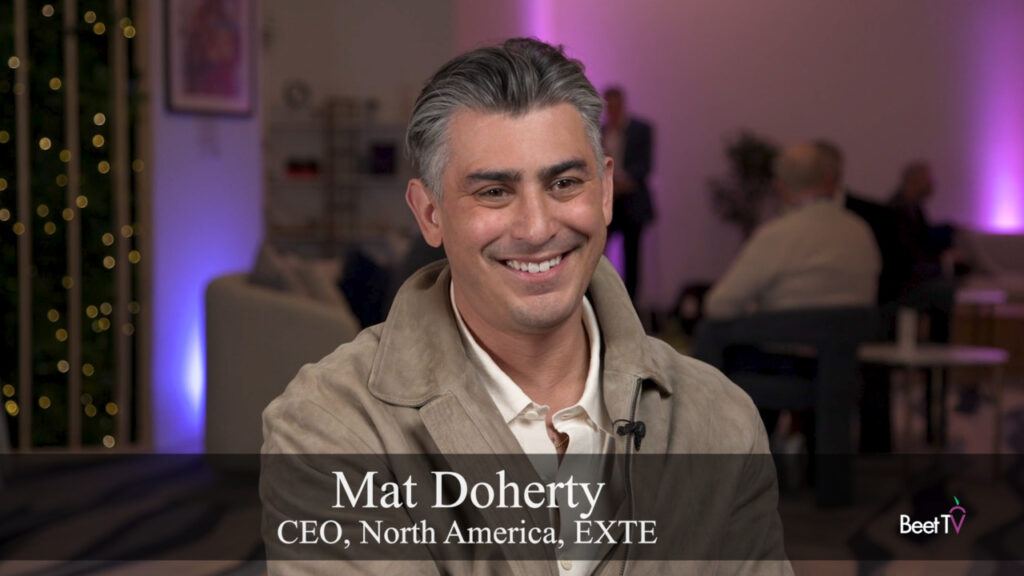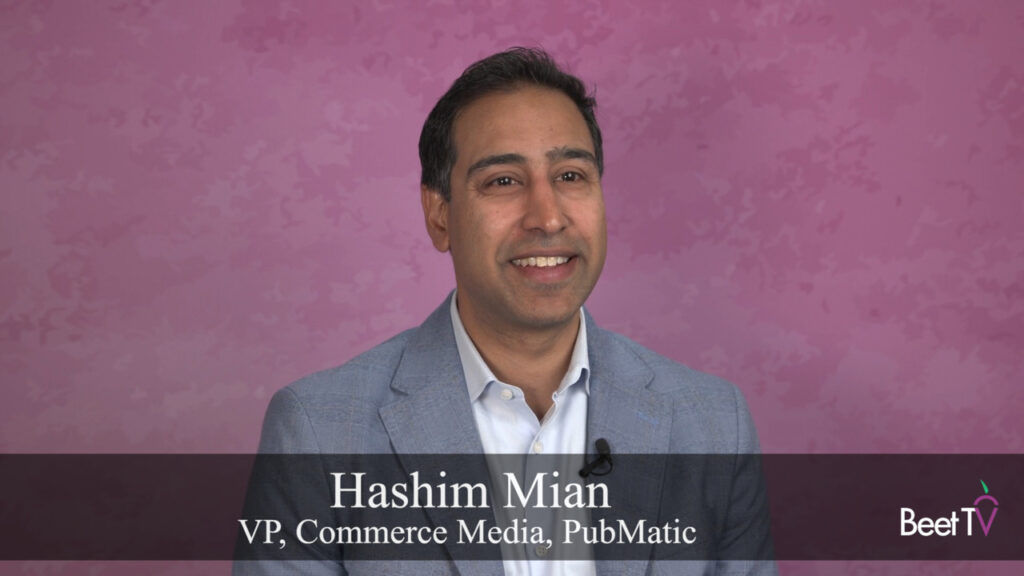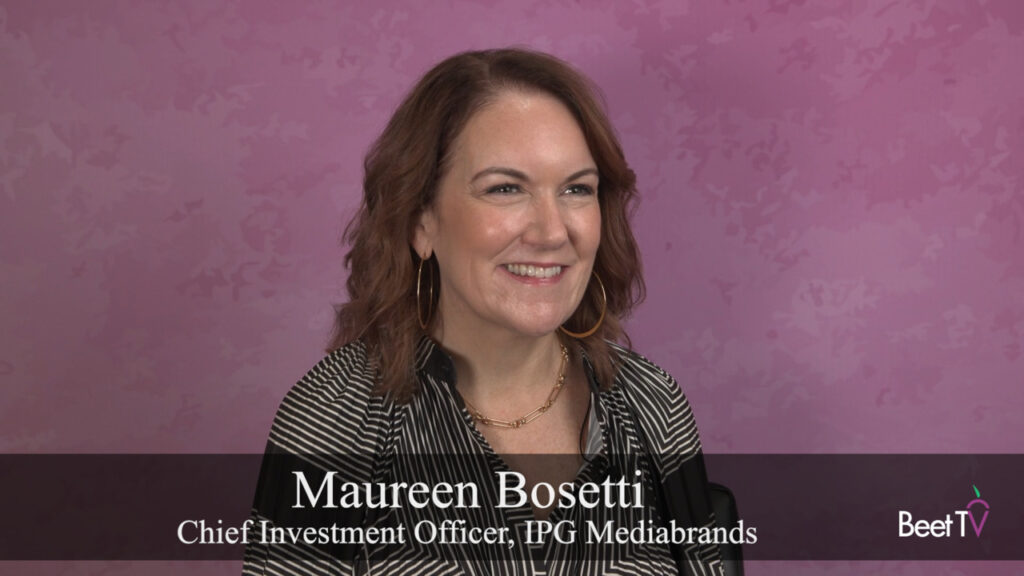WASHINGTON, D.C.-Sometimes success has less to do with how you do something than with letting people know you can actually do it. So it is with publishing giant Hearst—whose local newspaper reach extends from California to Connecticut—and political advertisers.
Hearst has been “very aggressive with adopting technology and very flexible with executions. There’s nothing we restrict in programmatic channels that we otherwise offer through traditional IO-based buys,” said Susan Parker in a panel discussion at the recent Beet.TV politics and advertising summit.
Nonetheless, Parker said in response to a question from moderator Julie Van Ullen of OpenX, “The biggest focus for us is actually getting buyers to know that we can do that.”
A newspaper group representing a collection of local news sites doesn’t always register on the radar of national buyers, which is where a lot of the political spending activity falls. “But when you add them all together, we have two billion impressions per month. We’re not small,” Parker noted.
By the traditional insertion order approach, dealing with dozens of individual print properties represents a lot of overhead. “But with our programmatic partners like OpenX, that’s easy,” Parker said. “People who are reading newspapers care about issues. Having political messages alongside that content could be really powerful, and it’s much easier to do than I think a lot of buyers realize.”
Parker acknowledged being slightly “perplexed” at the lack of interest in programmatic buying on the part of political campaigns thus far. “We haven’t seen as much spend coming in through programmatic channels this election cycle as we had expected. There was a lot of conversation but a lot of hesitation to pull the trigger,” said Parker.
Local campaign buys are still coming in through traditional sales channels, while what programmatic money does come in represents national dollars. “We can do everything at the local level that we can do at the national level,” said Parker.
Thus the challenge of communications applies as much to content providers as it does to the campaigns themselves.
“I think one of the most interesting things that’s happening is that a lot of programmatic buyers think you can only buy certain things that fall into certain criteria,” Parker said. “With header bidders, anything we can schedule as a line item we can sell” programmatically.
You are watching videos from Beet.TV politics and advertising summit presented by OpenX along with Intermarkets. Please find additional videos from the series here.






